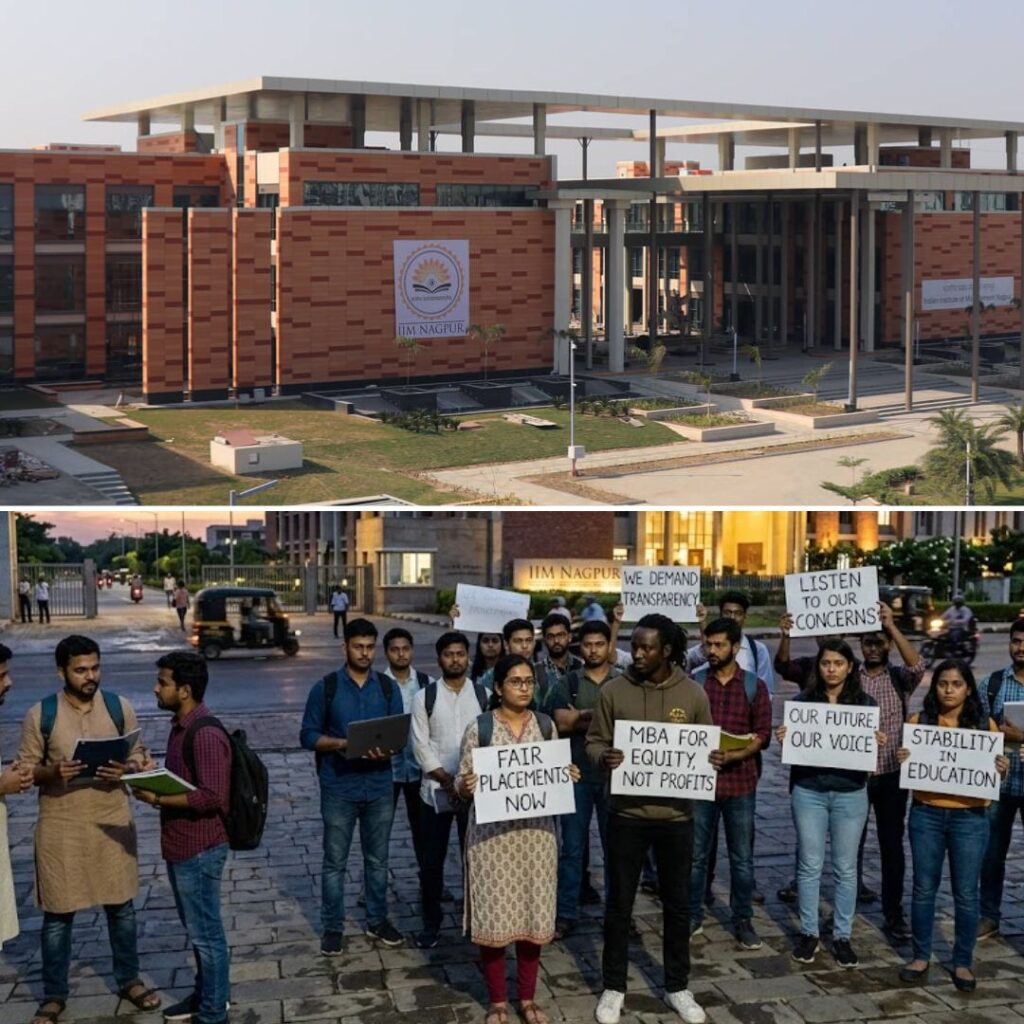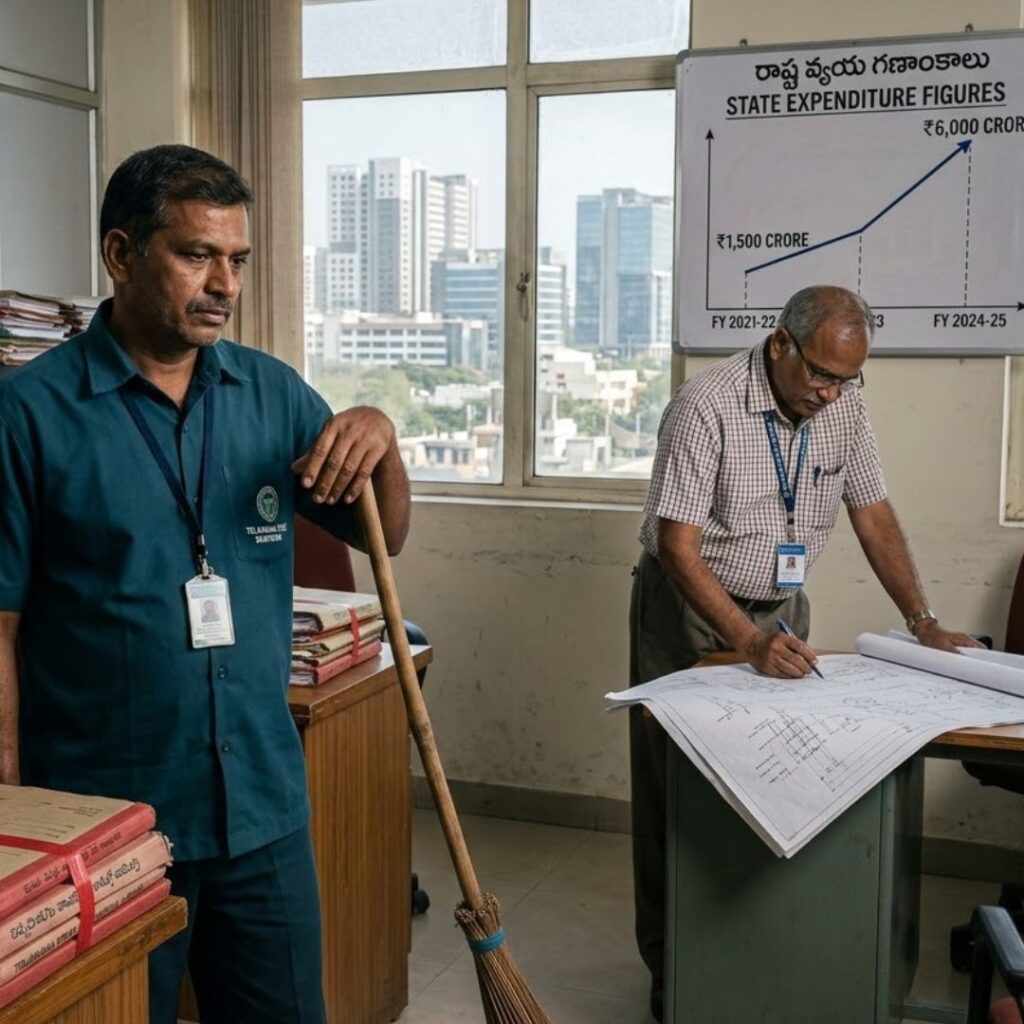In an innovative measure to teach poor students in the villages of Maharashtra, who are unable to attend online classes amid the COVID-19 pandemic, the Zilla Parishad is painting walls on streets and public places with mathematical concepts.
Rahul Kardile, Chandrapur Zilla Parishad Chief Executive Officer, said that if ‘Mission Mathematics’ becomes successful, the innovative initiative will be extended to other subjects as well.
‘We are trying to make children continue their education at home since schools are closed, and build an academic atmosphere in rural areas. The idea behind ‘Mission Mathematics’ is to impart lessons to children in a playful manner,’ he told PTI.
Under the initiative, officials of the Zilla Parishad’s education department have painted mathematical lessons taught in classes 1 to 5 on walls located at the main squares of villages in Pomburna, Ballarpur, Nagbhid and Bramhapuri tehsils, Kardile said.
‘Children are finding the method attractive and they are learning maths while playing with their friends. The objective of the mission is to make them understand various mathematical concepts and build their interest in the subject while focusing on developing an overall atmosphere of education in rural areas,’ he said.
Kardile added that Ashay Wakulkar, an alumnus of a Zilla Parishad school in Ghosri village, who is currently an engineer, was the first to launch the ‘Mission Mathematics’ initiative in his native place.
Wakulkar created an academic atmosphere in his village, from which the students started benefiting. Inspired by Wakulkar’s efforts, Kardile decided to take the initiative forward at the district level, the CEO added.
In a similar initiative, a school in Maharashtra’s Solapur city painted walls of houses in the vicinity with lessons from textbooks to impart education to poor students who were unable to afford smartphones.
As many as 300 outer walls of various houses in Nilamnagar area of Solapur have been painted with simplified lessons from textbooks for Classes 1 to 10. Through the initiative, students can go and stand in front of a particular wall to revise the lessons, all the while maintaining social distancing norms, said Ram Gaikwad, a teacher from the Asha Marathi Vidyalaya primary school in Nilamnagar.
‘Online education is the new norm in the current COVID-19 situation for which smartphone with good internet bandwidth is a must. But, the parents of majority of our students do not have smartphones or any other gadget, so online classes is a distant dream for them,’ he had told PTI.
Around 1,700 students from nearby areas study in the primary schools and in Shri Dharmanna Sadul Prashala – the secondary section. These students come from poor families and their parents are labourers who mostly work in the textile units of the district.
The school hence came up with the initiative of painting walls of the houses located near the school with lessons from textbooks.
‘We painted contents from textbooks on the walls of houses in Nilamnagar by making them simpler, comprehensible and interesting. Students, as per their convenience, now go and stand in front of the walls following all the social distancing norms and revise the lessons,’ Gaikwad explained.
Letters, numbers, word and sentence formation, grammar, mathematical formulas, general knowledge and lessons from various other subjects are painted on the walls. Meanwhile, for those students who have smartphones, the schools are also conducting online classes.
Tasleem Pathan, Asha Marathi Vidyalaya’s Principal said that the lessons painted on the walls are not only helping students from her school, but also the students from two or three other neighbouring schools.
Nagesh Kallur, who works at a canteen in the city and whose son studies in the school said that he is unable to afford a smartphone for his son’s education.
‘But, the lessons painted on the walls of houses in our area are turning out to be beneficial for students. Students follow the social distancing norms and wear masks while standing in front of these walls to study,’ Kallur said.
‘These lessons painted on the walls in our area are turning out to be quite useful for our children,’ said another parent Surekha Kore, whose family is also unable to afford a smartphone.
With education moving online amid the pandemic, several teachers and schools have come up with innovative ways to teach children who are unable to access online classes.
In one such initiative, a government school teacher in a village 100 Km Northeast of Mumbai, is using currency notes and colour pencils to teach his students.
As the Baliwali village in Palgarh is in the interiors of the city and has a poor network and most of the families are not financially sound to afford smartphones, online classes were not an option. Pralhad Kathole works as an assistant teacher at the Zilla Parishad School at Baliwali. Of the 44 students in his class, only two students’ parents had smartphones with internet connectivity. Yet, the…











